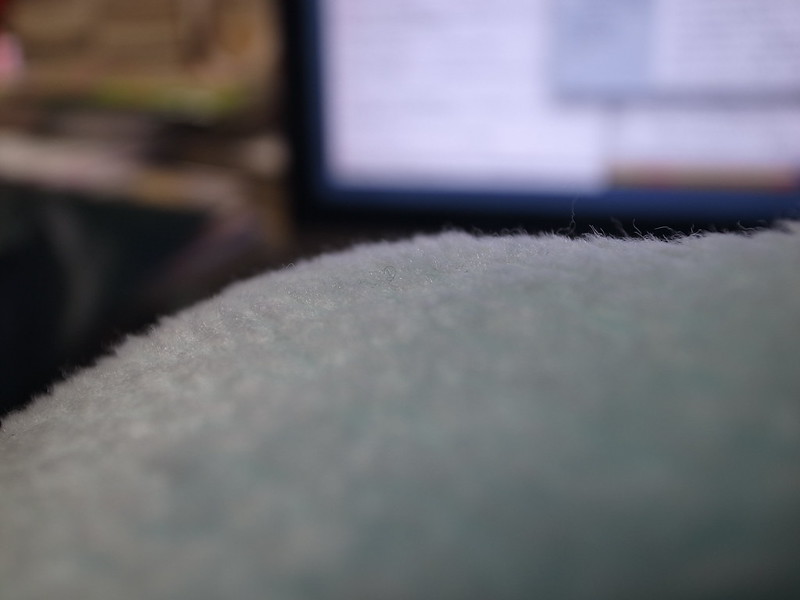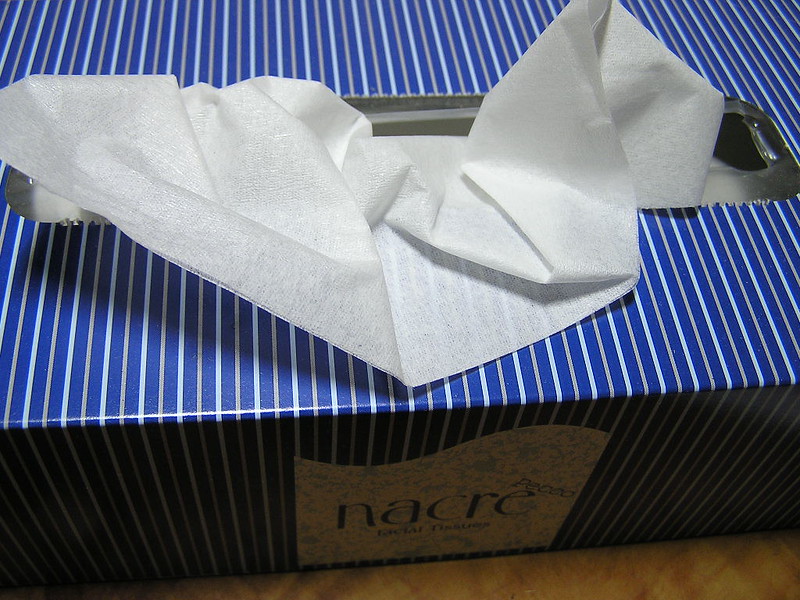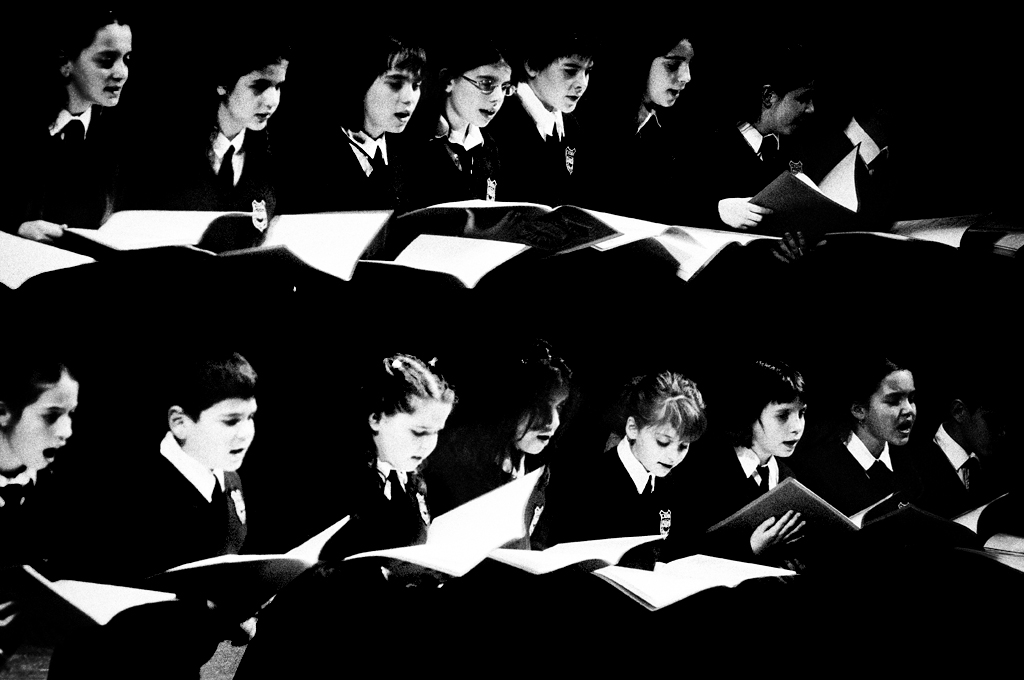Beyond the Chart
Bright and early, I made my way into the hospital sipping on my coffee in hopes that it would make up for my lack of sleep. This was an ordinary start to a day in my OB/GYN rotation. After pre-rounding, I offered to help the residents with anything they had pending. One of them tasked me with seeing a new consultation in the emergency room (ER) for a pregnant woman who had presented intoxicated.











